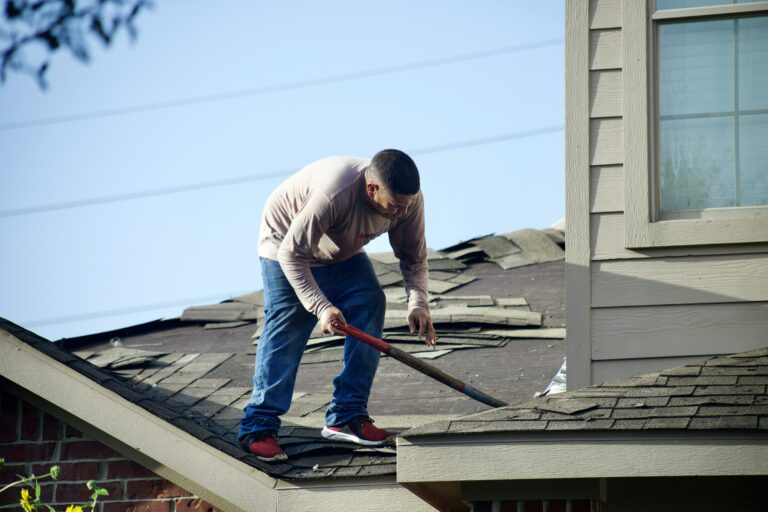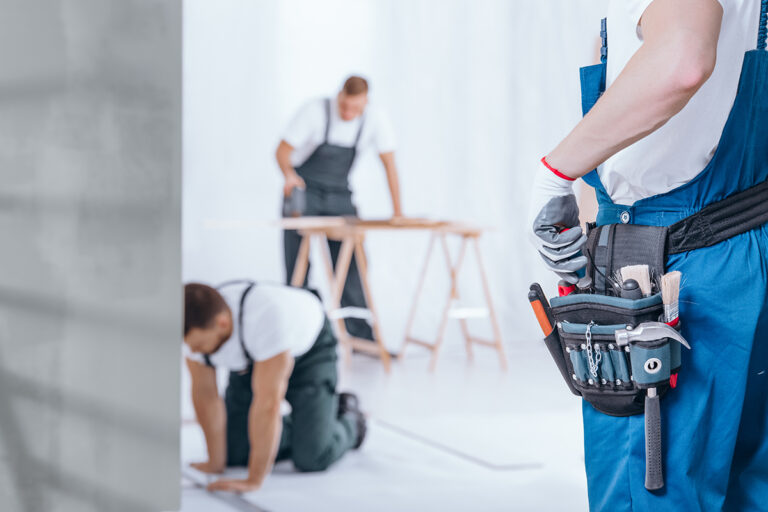Keeping your HVAC (Heating, Ventilation, and Air Conditioning) system in optimal condition is crucial for maintaining a comfortable and healthy home environment. Regular inspections play a vital role in ensuring the efficiency, performance, and longevity of your HVAC system. In this comprehensive homeowner’s guide, we will explore the importance of HVAC inspections, when to schedule them, what to expect during an inspection, and how to make the most out of this essential maintenance routine.
- The Importance of HVAC Inspections: HVAC inspections are essential for identifying potential issues before they escalate into major problems. By having your system inspected regularly, you can catch minor faults, improve energy efficiency, prevent breakdowns, and extend the lifespan of your HVAC equipment. Moreover, proper inspections contribute to indoor air quality and ensure the safety of your home.
- When to Schedule HVAC Inspections: It is recommended to schedule HVAC inspections at least twice a year: in spring for the cooling system and in fall for the heating system. Regular inspections help address any wear and tear, clean or replace filters, check electrical connections, and assess the overall performance of your HVAC system before seasonal demands arise.
- What to Expect During an HVAC Inspection: During an HVAC inspection, a qualified technician will perform a series of checks and tasks to assess the condition of your system. This may include inspecting and cleaning the system’s components, testing thermostat functionality, lubricating moving parts, checking refrigerant levels, inspecting electrical connections, and ensuring proper airflow and ventilation.
- Maximizing the Benefits of HVAC Inspections: To get the most out of your HVAC inspections, follow these tips:
- Find a reputable HVAC professional with proper certifications and experience.
- Keep a record of previous inspections and any maintenance or repairs performed.
- Regularly replace air filters between inspections to maintain optimal air quality.
- Follow the technician’s recommendations for repairs or upgrades to prevent future issues.
- Practice preventive maintenance, such as keeping the area around the outdoor unit clean and clear of debris.
- Cost Considerations: The cost of HVAC inspections can vary depending on factors such as location, the complexity of the system, and the service provider. On average, expect to pay around $75 to $200 per inspection. Keep in mind that the benefits of regular inspections outweigh the cost, as they can save you money on energy bills, prevent costly repairs, and prolong the lifespan of your HVAC system.
Regular HVAC inspections are a homeowner’s best defense against potential system failures, costly repairs, and compromised indoor comfort. By understanding the importance of inspections, scheduling them at the appropriate times, knowing what to expect, and following recommended maintenance practices, you can ensure that your HVAC system operates efficiently, maintains indoor air quality, and provides optimal comfort for years to come. Stay proactive, prioritize inspections, and enjoy the benefits of a well-maintained HVAC system.



